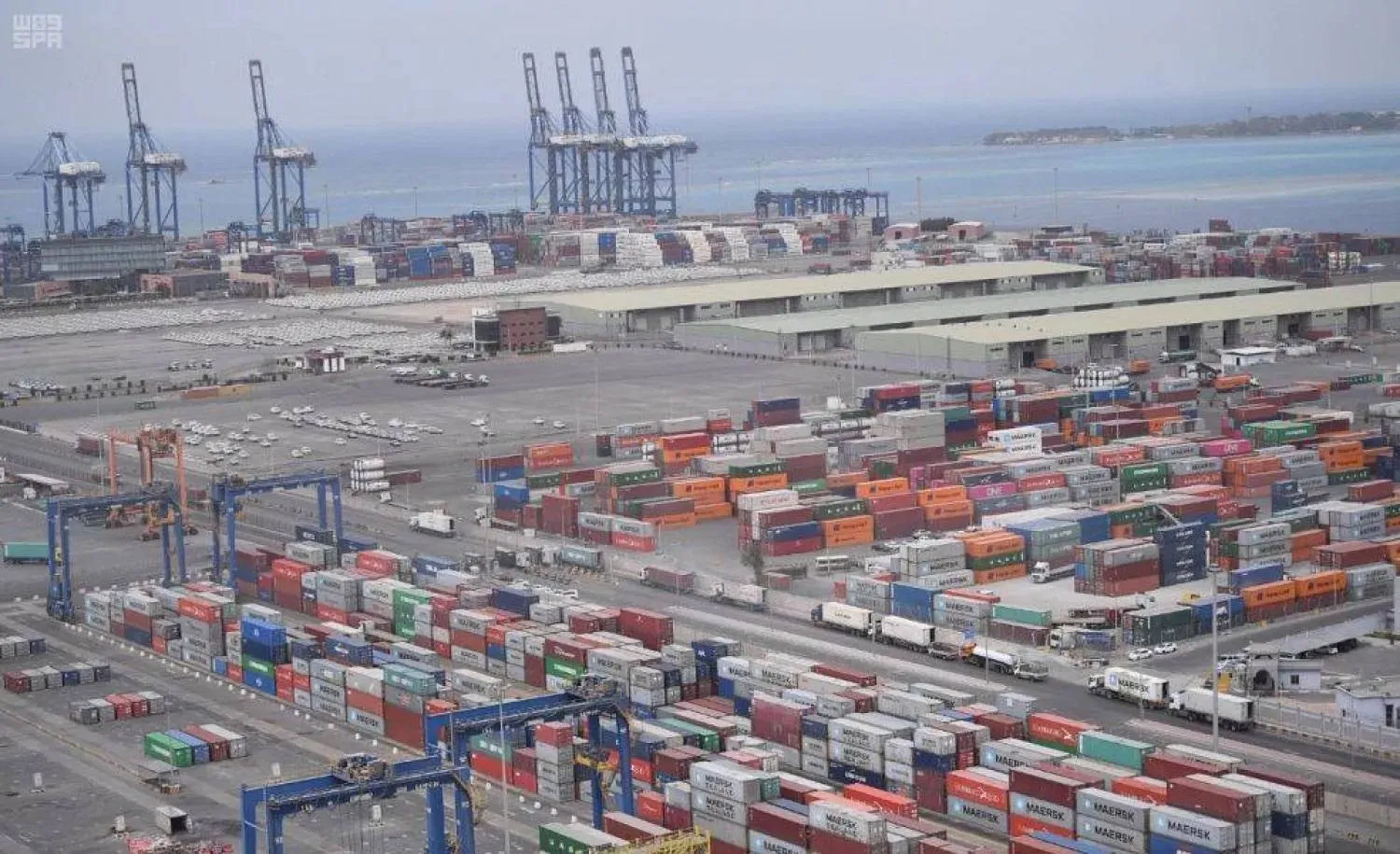A consortium consisting of Japanese Toyota Tsusho, French TotalEnergies Renewables, and Saudi Altaaqa Renewable Energy (a Zahid Group company) has completed a $100 million funding to construct a solar energy plant in the Kingdom.
The solar plant to be located in Wadi Ad Dawasir is the first renewable project in Saudi Arabia for Toyota Tsusho.
The construction of the plant, with a power generating capacity of 119MW, is expected to start in March 2025, according to a statement issued by the Japanese firm on Wednesday.
The project will be constructed as an independent power producer (IPP) for the sale of electricity.
This project will be implemented by three companies, Toyota Tsusho, TotalEnergies Renewables, and Altaaqa Renewable Energy through a joint venture company, Noor Alwadi Renewable Energy Company, the statement added.
Shares of Noor Alwadi Renewable Energy Company are distributed as follows: Toyota Tsusho 40%, TotalEnergies Renewables 40%, and Altaaqa 20%.
The Water and Electricity Holding Company (Badeel), a wholly owned company of the Public Investment Fund (PIF), and ACWA Power announced a month ago the signing of power purchase agreements (PPAs) with the Saudi Power Procurement Company (SPPC) for the development, and operation of three major new solar PV Independent Power Producer (IPP) projects in Saudi Arabia.
The combined value of the three projects is 12.2 billion Saudi riyals ($3.25 billion).
The projects are part of the National Renewable Energy Program, which is supervised by the Ministry of Energy, and aims to develop 70% of the renewable energy target capacity in Saudi Arabia by 2030.
Moreover, Saudi Arabia has launched five projects to produce electricity using renewable energy, with a total capacity of 3,300 megawatts.
Saudi Arabia aims to have 50 percent renewable energy by 2030.
Clean energy projects are key drivers to achieving sustainability and avoiding carbon emissions.
Saudi Arabia also plans on achieving net zero by 2060 through more than 60 projects under the Saudi Green Initiative launched by Crown Prince Mohammed bin Salman in Oct. in 2021.
It aims to reduce carbon emissions by more than 278 mtpa by 2030, and plant 10 billion trees across the Kingdom.









